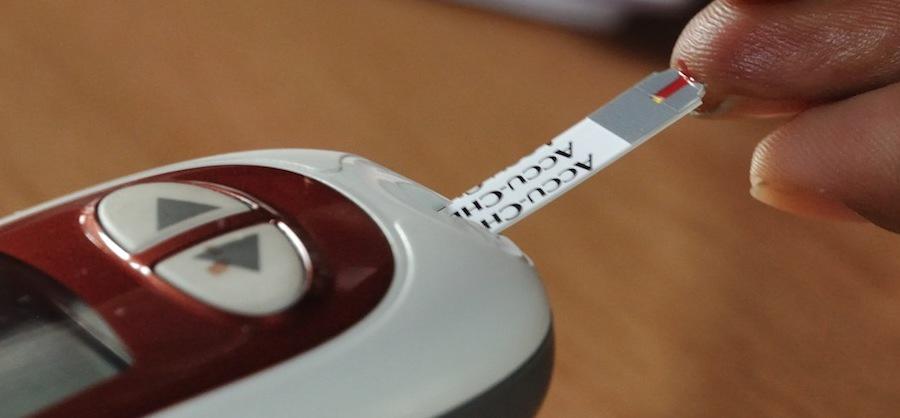Managing your diabetes is important, and learning what to do is easier than you may think. Taking control of your diabetes is a goal you can achieve with Dignity Health's wealth of resources for diabetes awareness. Check out these helpful ways to understand and manage your condition, and reach out to a hospital or clinic near you for more information.
Consult With Diabetes Experts
Dignity Health's specialists are experts in their field. They treat and educate patients about numerous diabetic conditions, including Type 1 diabetes, Type 2 diabetes, gestational diabetes, new-onset diabetes, and uncontrollable, or "brittle," diabetes.
A compassionate specialist can help you better understand your condition and provide practical solutions to keep your diabetes in check at home or on the go. This could mean keeping tabs on your diet and exercise with a handy diabetes-management app or calling an expert for advice.
Take Part in a Diabetes Support Group
Surrounding yourself with other people who are going through a similar experience is a helpful reminder that you always have someone by your side. Take advantage of one of several diabetes support groups. These free informational sessions invite all community members to learn more about diabetes awareness and receive educational materials. An open forum led by diabetes experts on insulin pumps is also available for community members interested in learning more about diabetic conditions.
Participate in a Diabetes Education Class
Learning about your condition will make you more confident about treatment, and a diabetes support group is a great way to become well-versed in your particular form of diabetes. There's a class for virtually every diabetic condition, including diagnosis and management of pre-diabetes, and diabetes during pregnancy. The Discovering Diabetes™ program educates patients 18 and older in a fun, laid-back environment; younger patients ages one to 17 can also take part with specialized programming.
Try Diabetes Group Education
Diabetes group visits allow patients to meet with a health provider and a health educator for two hours every three months. These visits provide ample time to get questions answered and prepare you for managing your diabetes at home.
Receive a Glucose Monitor
Dignity Health provides patients with several helpful solutions for glucose monitoring: a variety of free glucose monitors to choose from, including handy iPro continuous glucose monitors. The latter is a device that goes home with the patient for a three-day period. The iPro monitors a patient's blood sugar every five minutes and provides personalized data on glucose highs and lows.
The doctors, nurses, and other providers at Dignity Health are here to help you stay healthy. Call or go online to find services that can help you increase your diabetes awareness and stay on track with managing your condition.
Image source: Wikimedia Commons




